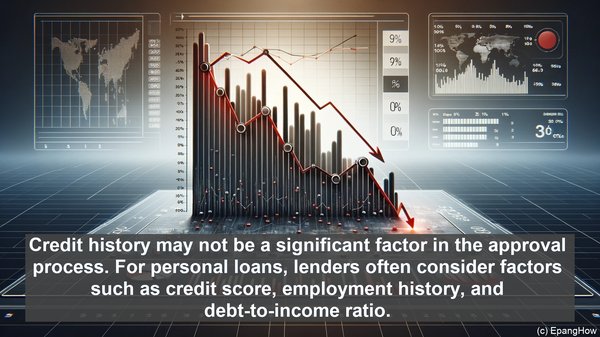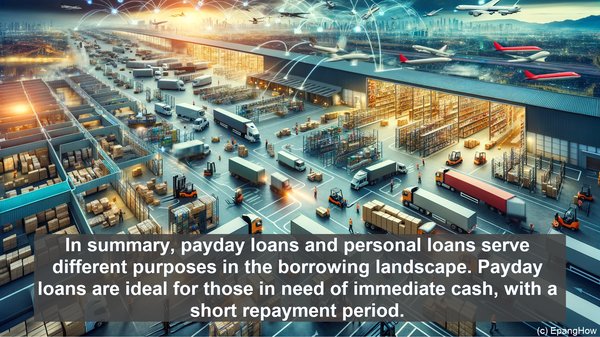Introduction: The World of Loans
Hello everyone, and welcome to our video on the differences between payday loans and personal loans. Loans are an integral part of our financial landscape, and understanding their nuances is crucial. Today, we’ll be focusing on these two types of loans, which are often sought after. So, let’s dive in!
Payday Loans: The Basics
Payday loans, as the name suggests, are designed to provide short-term financial assistance until the borrower’s next payday. They are typically for smaller amounts, ranging from a few hundred to a couple of thousand dollars. These loans are known for their quick approval process, often within a few hours, and minimal documentation requirements. Additionally, payday loans are unsecured, meaning no collateral is needed.
Personal Loans: A Broader Perspective
In contrast to payday loans, personal loans offer a more flexible borrowing option. They can be used for a wide range of purposes, such as consolidating debt, funding a wedding, or making a major purchase. Personal loans generally have higher loan amounts, with some lenders offering up to $100,000 or more. The approval process for personal loans may take longer, as it involves a more comprehensive evaluation of the borrower’s creditworthiness and financial history. Additionally, personal loans can be either secured or unsecured, depending on the lender’s requirements.

Interest Rates: A Crucial Factor
When it comes to interest rates, payday loans often have higher rates compared to personal loans. This is primarily due to the shorter repayment period associated with payday loans. Personal loans, on the other hand, may have lower interest rates, especially for borrowers with a good credit score. It’s important to carefully consider the interest rates, as they directly impact the overall cost of the loan.
Repayment Terms: Timeframes and Options
Payday loans are typically due on the borrower’s next payday, usually within a few weeks. In some cases, the loan term may be extended, but this often incurs additional fees. Personal loans, on the other hand, have longer repayment terms, ranging from a few months to several years. This allows borrowers to spread out the payments and potentially reduce the monthly financial burden. Many personal loans also offer the option of early repayment without any penalties, providing flexibility to the borrower.
Eligibility Criteria: Varying Requirements
The eligibility criteria for payday loans are generally more lenient compared to personal loans. Payday lenders typically require proof of income, a valid ID, and an active bank account. Credit history may not be a significant factor in the approval process. For personal loans, lenders often consider factors such as credit score, employment history, and debt-to-income ratio. While some lenders offer personal loans to individuals with less-than-perfect credit, a higher credit score can increase the chances of approval and potentially lead to better loan terms.

